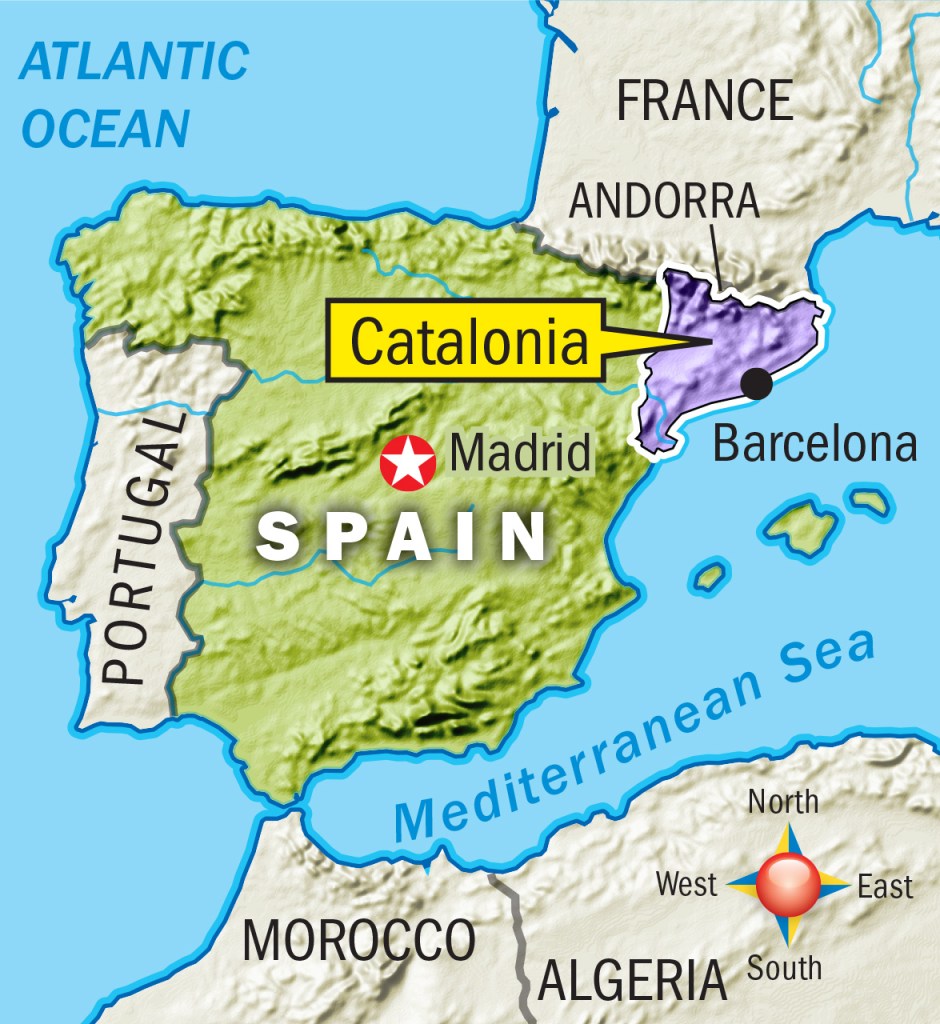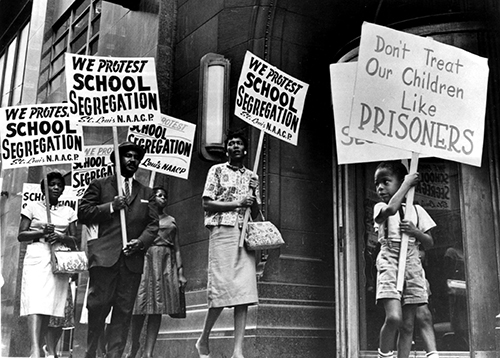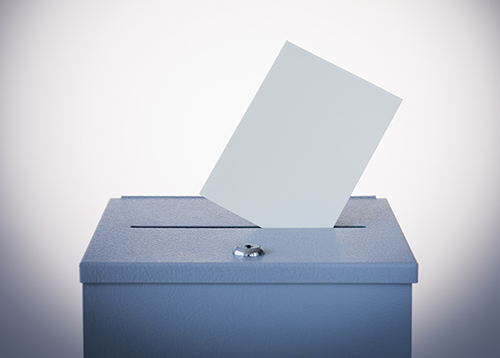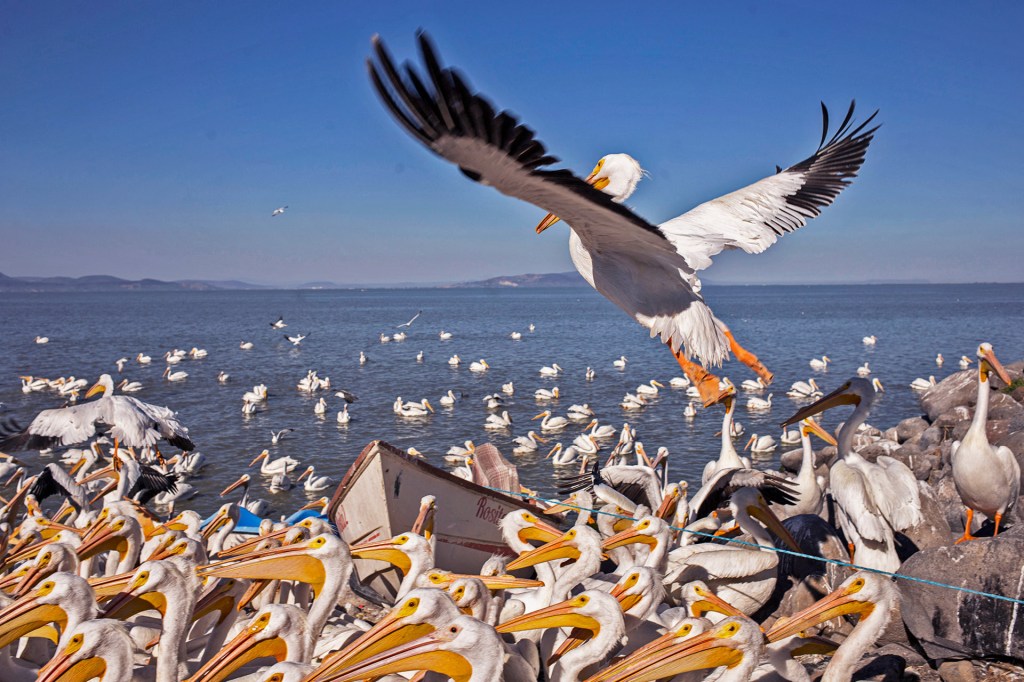TFK Explains: Spain

In October, people in Catalonia, a region of Spain, voted to secede. Here’s what you need to know.
What is Catalonia?
Spain is a country in Europe that is made up of 17 regions. Catalonia is one of these regions. It is home to 7.5 million people, known as Catalans. They have their own language, customs, and culture. Catalonia’s capital, Barcelona, is Spain’s second-largest city.
What does it mean to secede?
To secede means to withdraw, or separate, from an organization or group. When one part of a country separates from its nation, it secedes.

Why do the people of Catalonia want to secede from Spain?
On October 1, people in Catalonia voted to decide whether to secede from Spain. More than 2 million people voted. They overwhelmingly chose to form their own country.
Calls for secession are a Catalan tradition. Catalans have discussed independence for decades. Catalonia is one of the wealthiest regions in Spain, and many Catalans feel that they do more to support Spain than Spain does to support Catalonia. Carles Puigdemont is the president of Catalonia. He says the people of Catalonia have the right to determine their own political and economic future.
How has the Spanish government responded?
The Spanish government says the vote was unconstitutional
unconstitutional
 PHOTOQUEST/GETTY IMAGES
not allowed or not legal according to the Constitution
(adjective)
The U.S. Supreme Court ruled in Brown v. Board of Education that school segregation was unconstitutional.
. It says anyone who cast a ballot
ballot
PHOTOQUEST/GETTY IMAGES
not allowed or not legal according to the Constitution
(adjective)
The U.S. Supreme Court ruled in Brown v. Board of Education that school segregation was unconstitutional.
. It says anyone who cast a ballot
ballot
 DANIEL GRILL/GETTY IMAGES
a sheet of paper used to case a secret vote
(noun)
Local residents cast their ballots during the city council election.
was breaking the law. Spanish courts also said the vote was illegal. Members of Spain’s national police were sent to Catalonia to stop the vote from taking place. Police shot rubber bullets at voters. Officers tried to confiscate ballots. In some cases, they dragged voters out of polling places. Nearly 900 people were injured.
DANIEL GRILL/GETTY IMAGES
a sheet of paper used to case a secret vote
(noun)
Local residents cast their ballots during the city council election.
was breaking the law. Spanish courts also said the vote was illegal. Members of Spain’s national police were sent to Catalonia to stop the vote from taking place. Police shot rubber bullets at voters. Officers tried to confiscate ballots. In some cases, they dragged voters out of polling places. Nearly 900 people were injured.
On October 21, Spain’s prime minister, Mariano Rajoy, said he plans to remove Puigdemont from office. He also announced plans to take control of Catalonia. “No government of any democratic country can accept that the law be violated, ignored, and changed,” Rajoy said.
What will happen next?
At press time, Rajoy’s plan to seize control of Catalonia had not yet been approved by Spain’s Senate. But it is expected to pass. Meanwhile, Puigdemont has refused to back down. “Democratically deciding the future of a nation is not a crime,” he said on October 21.












